Miscellaneous Technology
Sony Walkman Makes Music Portable
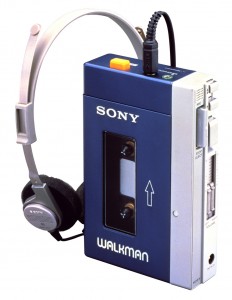
The first Sony Walkman, the TPS-L2, goes on sale in Japan. It would go on sale in the US about a year later. By allowing owners to carry their personal music with them, the Walkman and their iconic headphones introduce a revolution in listening habits and popular culture at large.
The Transition to Transistors Begins
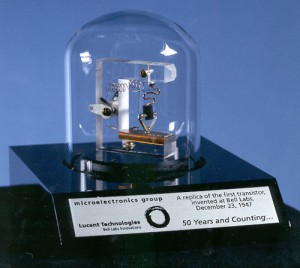
Originally designed to create improvements to electromechanical relays and vacuum tubes in telephone switching equipment, Bell Labs holds a press conference in New York to publicly demonstrate the first point-contact transistor. The transistor represents a significant advance in technology. As it is developed over the next few years, it will become the successor to the vacuum tube, the primary method of controlling electronic circuitry at the time. The use of transistors allows the development of the integrated circuit and microchips which kickstarted the rapid advance of electronic and computerized technology over the last 70+ years. Every industry that utilizes technology, from communications to computers to space travel to video games to media, owes a great deal to the development of the transistor.
I PC, UPC …
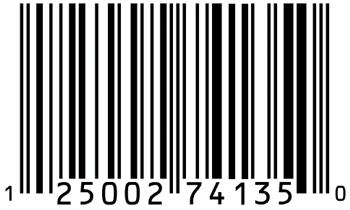
A Universal Product Code (UPC) is used to ring up a purchase for the first time at a Marsh Supermarket in Troy, Ohio. The first item scanned was a 10-pack of Juicy Fruit gum. Take that to your trivia contents!
The First Practical Typewriter Patented
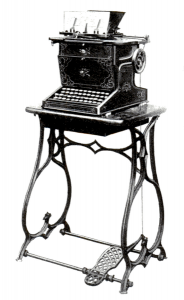
Latham Sholes, Carlos Glidden, and Samuel Soule are awarded a patent for the “Type-Writer” which would become the basis for the first practical and commercially successful typewriter. Evolving into what would become known as the Sholes and Glidden typewriter (which would later become the Remington No. 1), one of its lasting legacies was the introduction of the QWERTY keyboard, which is still the most popular keyboard layout in the world to this day.
A popular theory states that the design of the QWERTY keyboard was intended to slow down typists in order to minimize the clashing of the typebars which would jam up the early typewriters. There is little evidence to support this theory, however, and a research study published in 2011 asserts that the QWERTY design was more directly influenced by feedback from telegraph operators who were early adopters of typewriters and found previous keyboard layouts inefficient.
Greenwich Becomes Mean
June 22, 1675

UNIX and UNIX-based operating systems keep time by using UTC and applying an offset for the local time zone. Notably only the Windows operating system uses local time as the assumptive basis for your computer’s clock. In fact, UNIX-based operating systems define the current time by the number of seconds which have passed since 00:00:00 UTC on Thursday, 1 January 1970, otherwise known as the UNIX epoch. So for those of you following along, a decree by a king in 1675 is the basis for how much of our technology of today keeps track of time.
Ford Motor Company Incorporated
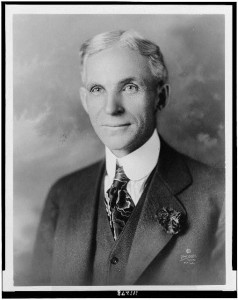
Henry Ford incorporates the Ford Motor Company with ten investors and $28,000. Ford will begin building automobiles on Mack Avenue in Detroit in a converted factory that previously produced wagons. This was Ford’s 3rd attempt at building a company that produced cars and the investment was down to $300 before the first Ford was sold. Eventually the Ford Model T would be largely responsible for popularizing the automobile to the general public, at one point representing half of all cars on the road.
Speak & Spell
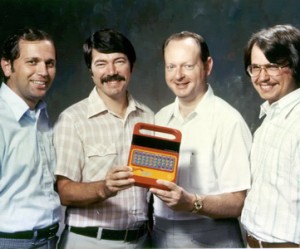
Texas Instruments Inc. introduces the Speak & Spell, a talking educational toy for children. The device features the first electronic duplication of the human voice on a single chip of silicon. It transformed digital information processed through a filter into synthetic speech and could store more than 100 seconds of linguistic sounds.
Life Finds a Way
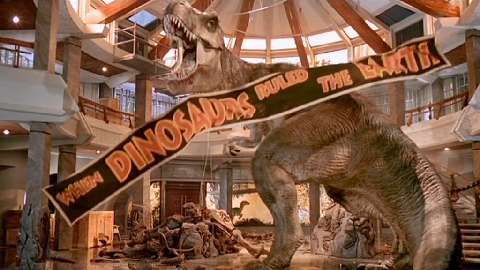
The motion picture Jurassic Park premiers in Washington D.C. The highest grossing film in history at the time, the contributions of Jurassic Park to the field of special effects is perhaps as important as the original Star Wars movie 16 years prior. During the production of the movie, the decision was made to incorporate the use of computer generated imagery (CGI for short) in a large scale. By interweaving the use of CGI and animatronics, the movie’s special effects were of a realism unprecedented at the time (and for many still to this day). Jurassic Park jump started a wave of movies that made heavy use of CGI throughout the rest of the 90’s, and at present, the use of CGI pioneered by the movie is now entirely commonplace.
VHS Introduced to America
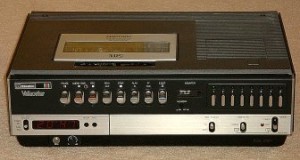
The VHS videocassette format is introduced as Vidstar in North America at a press conference before the Consumer Electronics Show starts in Chicago. VHS, or Video Home System, was based on an open standard developed by JVC in 1976. As compared to the Sony Betamax format it would compete against, VHS allowed longer playtime, faster rewinding, and fast-forwarding.
Would You Like to Play a Game?
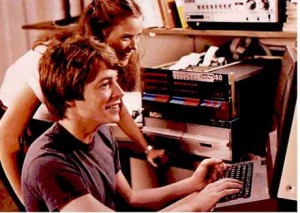
The science fiction film WarGames is released. Notable for bringing the hacking phenomena to the attention of the American public, it ignites a media sensation regarding the hacker sub-culture. The film’s NORAD set is the most expensive ever built at the time at a cost of $1 million dollars. Not widely known is that the movie studio provided the film’s star, Matthew Broderick, with the arcade games Galaga and Galaxian so he could get first-hand experience before shooting the film’s arcade scenes.
